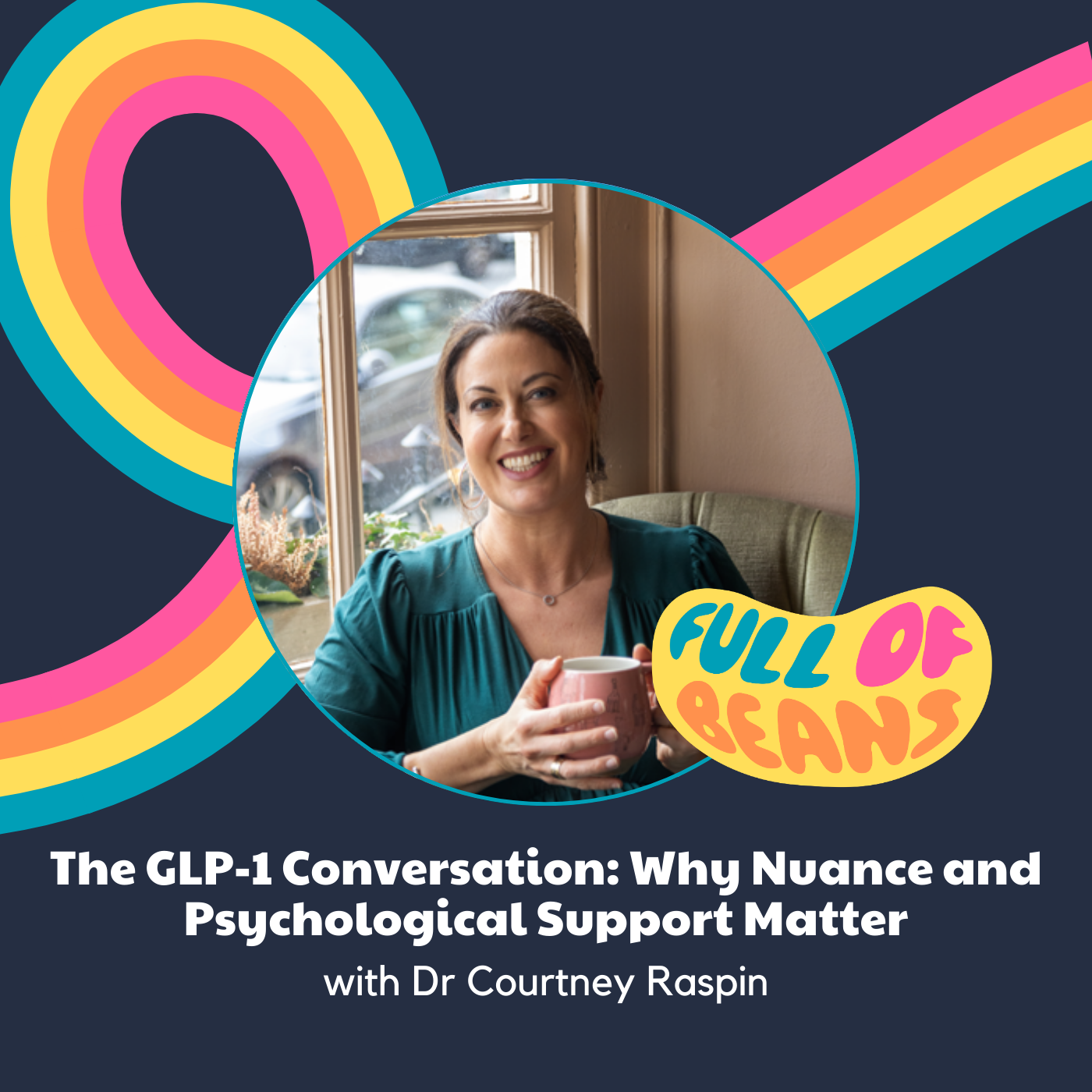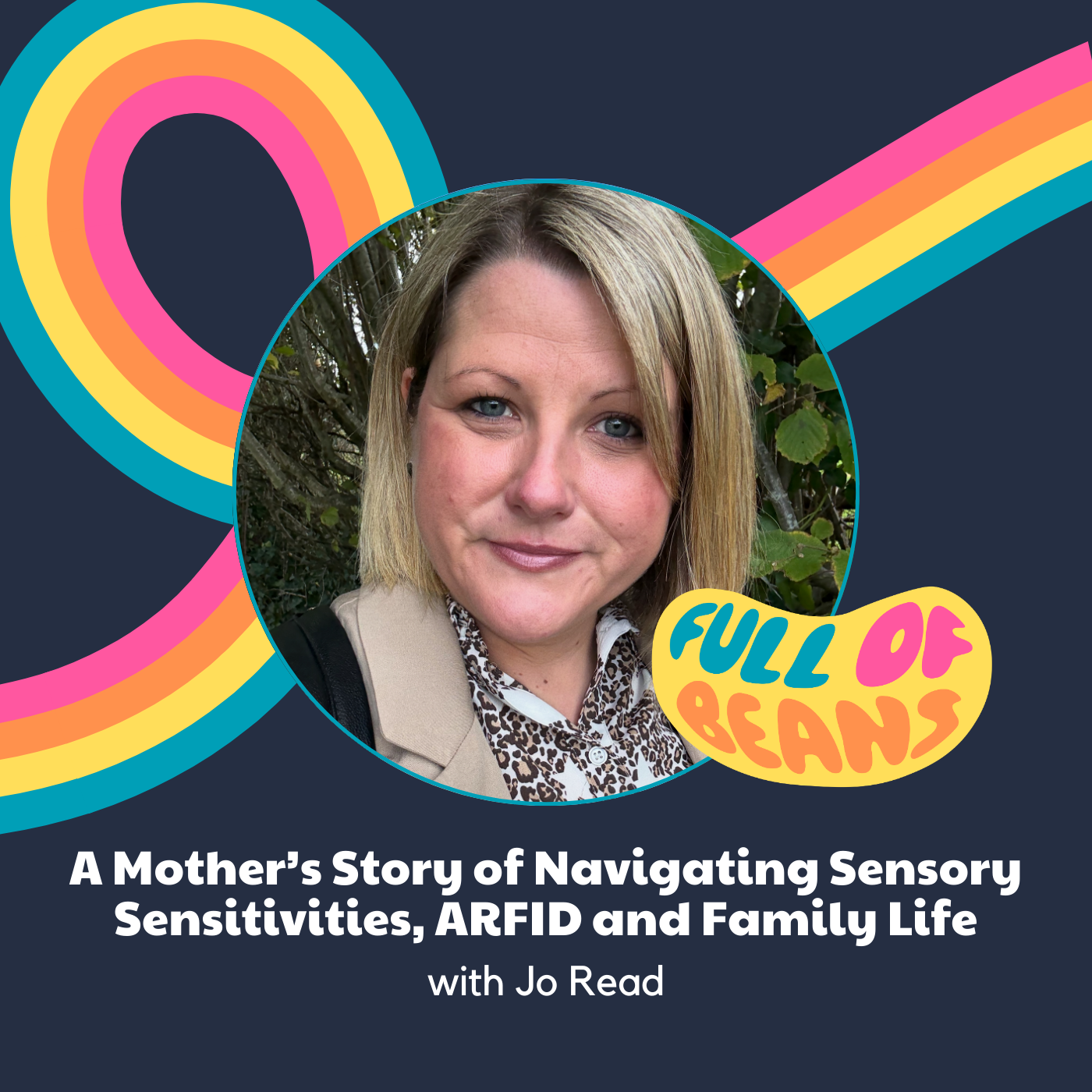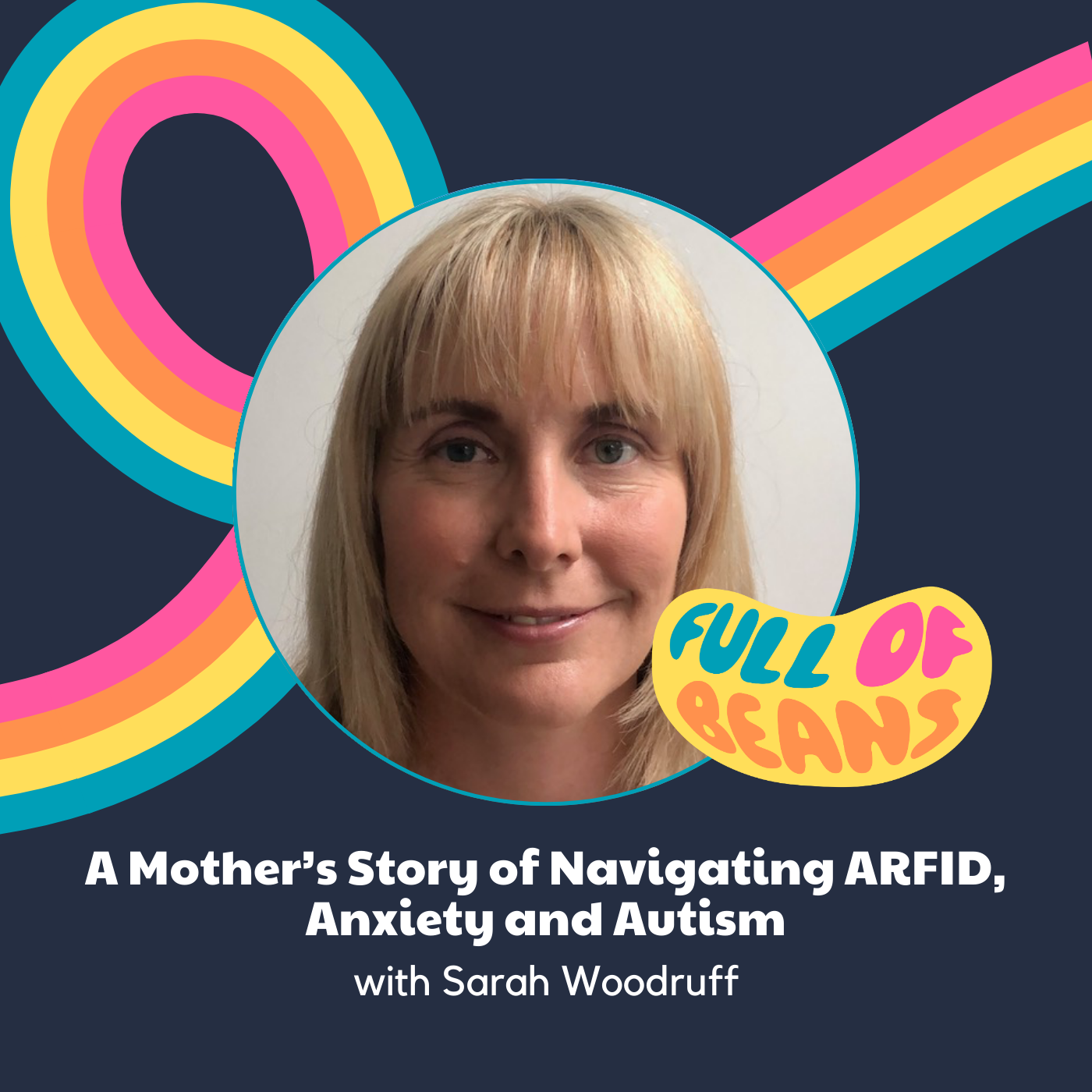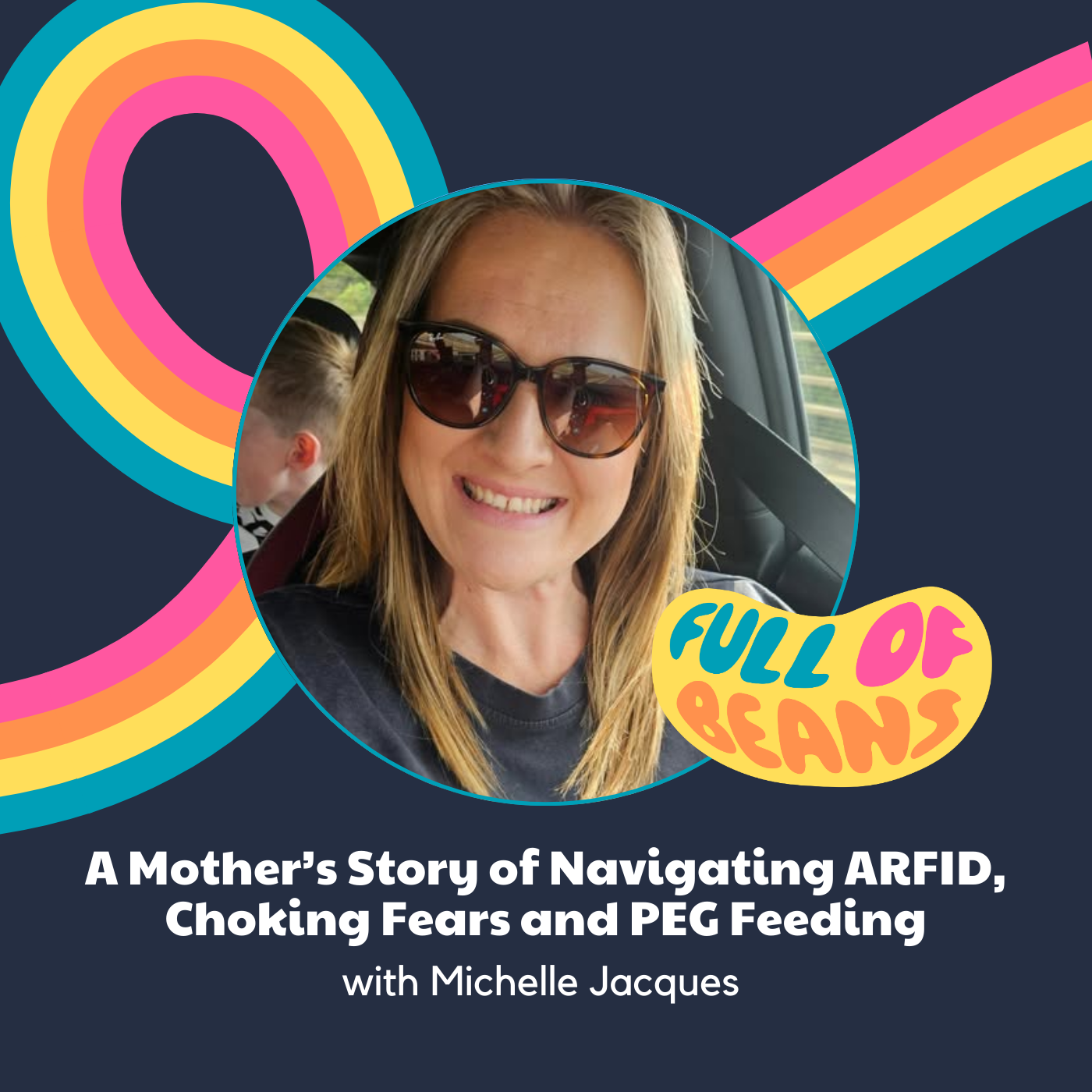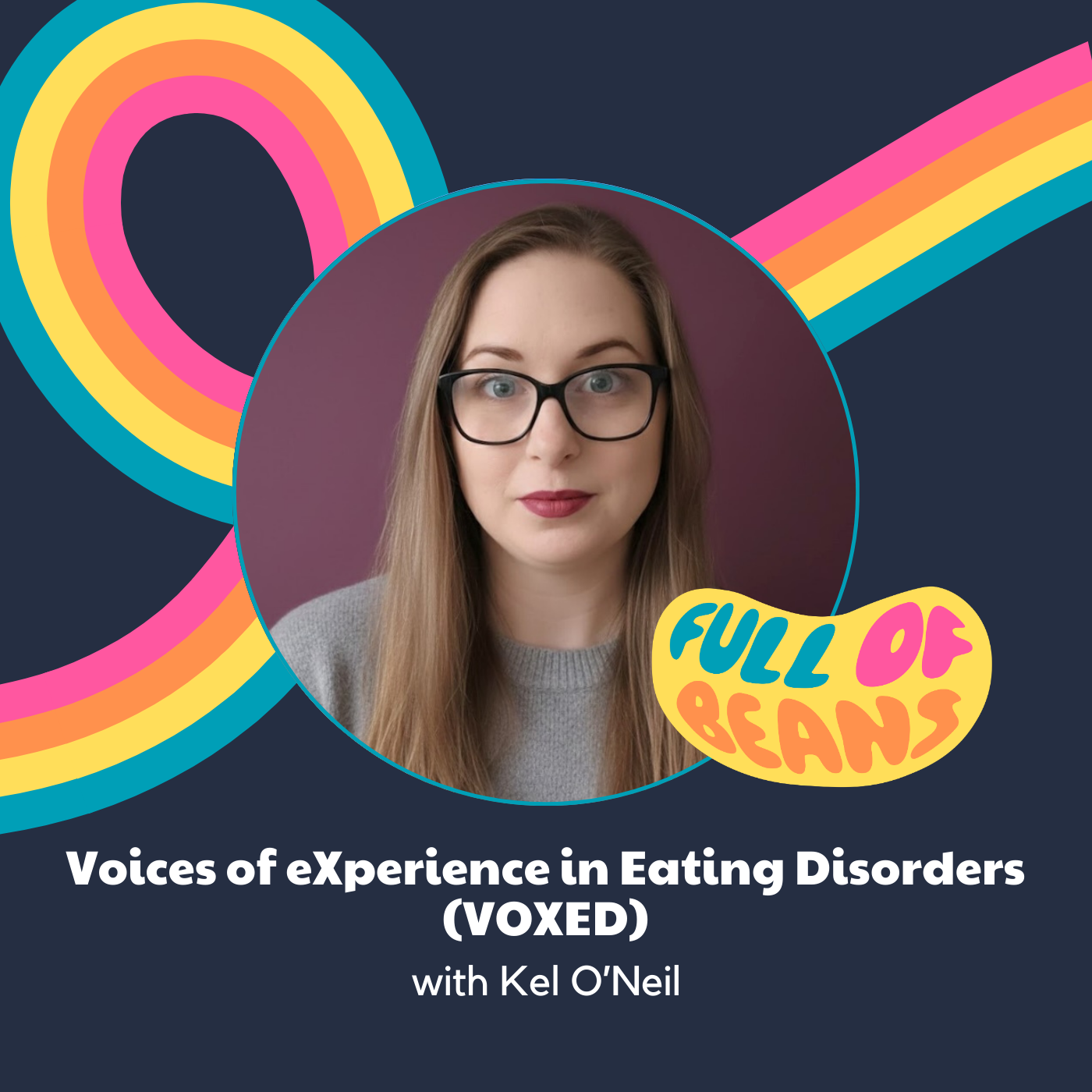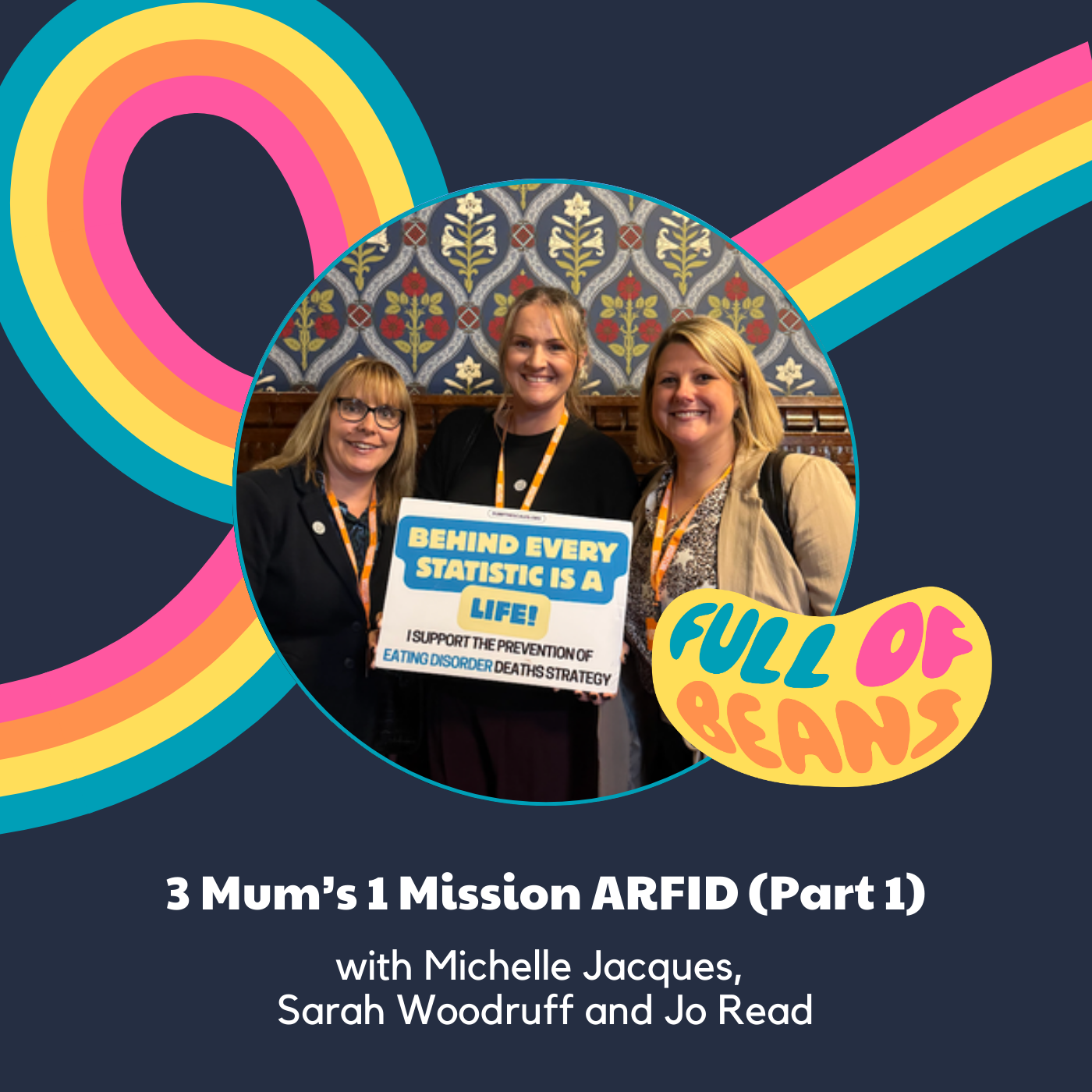Exploring the Link Between Disordered Eating and Alcohol Misuse with Orlagh Reid
Exploring the hidden connection between alcohol misuse and disordered eating
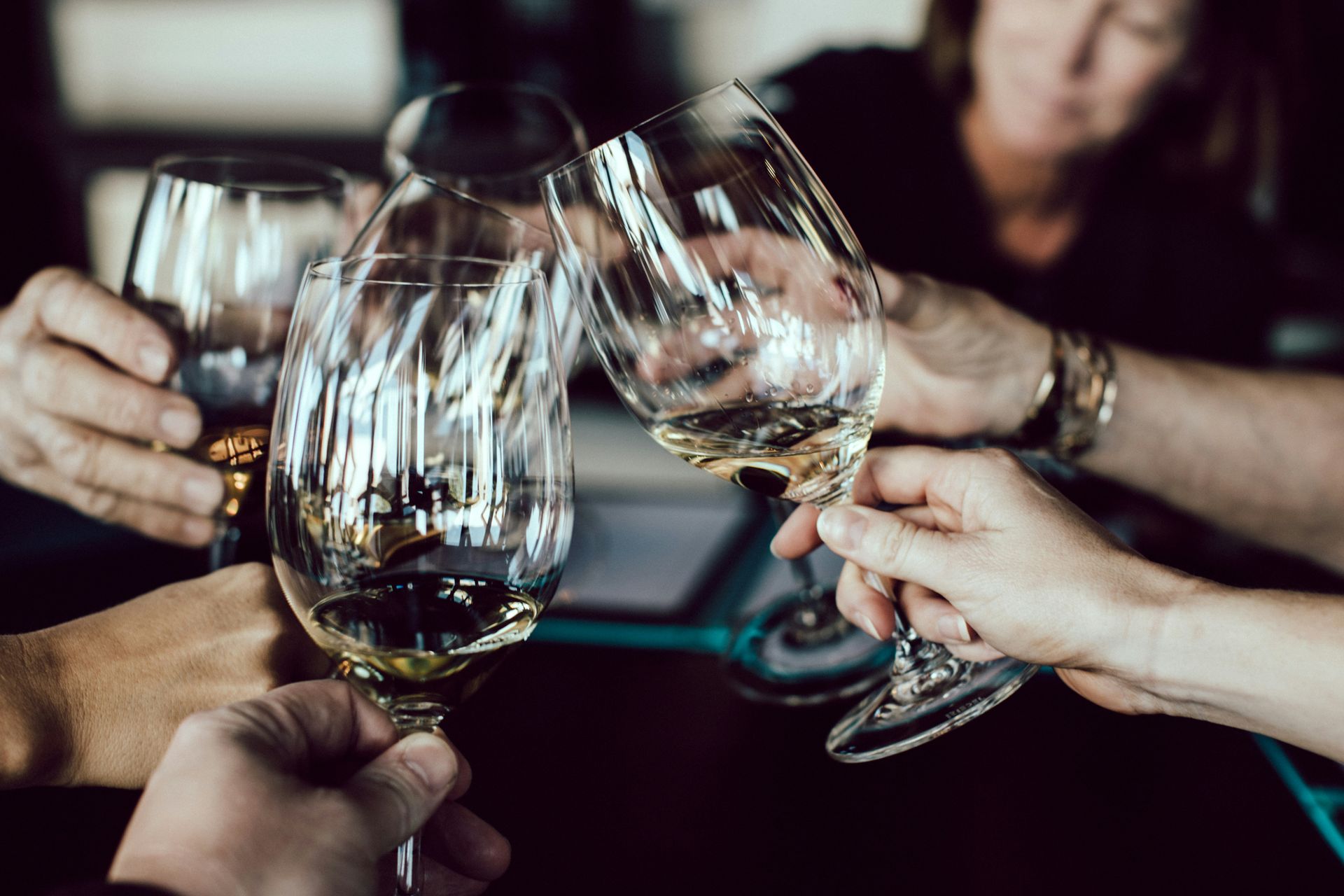
What do food and alcohol have in common? More than you might think. While both can be used for celebration, connection, or relaxation, they can also be co-opted into harmful coping mechanisms. Increasingly, therapists and researchers are seeing significant overlap between alcohol misuse and disordered eating.
One term that has emerged in recent years is drunkorexia. While not a clinical diagnosis, it describes a behaviour pattern in which individuals restrict food intake in order to "make room" for alcohol calories, or to feel the effects of alcohol more intensely.
What is Drunkorexia?
Drunkorexia involves:
- Skipping meals to offset alcohol calories
- Fasting before drinking to get intoxicated more quickly
- Using alcohol as a replacement for food as a form of restriction
- Purging after drinking to eliminate perceived excess
As psychotherapist Orla Reid shares, "There’s a pattern I see often where clients restrict their food intake all day, not just to ‘save’ calories, but to ensure they feel the alcohol faster and stronger. That’s an incredibly risky behaviour."
These behaviours are especially concerning because they combine the risks of both alcohol misuse and disordered eating. Individually, each can harm mental and physical health—but together, they can create a cycle that's even harder to break.
Alcohol Misuse and Eating Disorders
Both alcohol misuse and eating disorders can serve as coping mechanisms for emotional distress, trauma, or low self-esteem. Individuals may turn to either (or both) as a way to:
- Numb emotional pain
- Regulate anxiety or depression
- Exert control in a chaotic environment
- Conform to social pressures related to body image or party culture
“There are so many similarities in the recovery process,” Orla explains. “It’s not just about removing the substance or the behaviour, it’s about rebuilding a relationship with yourself and your body.”
There’s also a shared pattern of all-or-nothing thinking. Just as someone may restrict food entirely or binge, they may also swing between sobriety and binge drinking. This black-and-white mindset can fuel both disorders simultaneously.
Why This Pattern Is So Dangerous
Combining alcohol misuse with disordered eating can:
- Lead to nutrient deficiencies and severe health complications
- Increase risk of blackouts, injuries, and alcohol poisoning
- Exacerbate mental health conditions like anxiety, depression, and OCD
- Delay or derail recovery from either behaviour
Importantly, these behaviours often go unnoticed. Drinking culture normalises skipping meals before nights out. Meanwhile, diet culture glorifies restriction. Together, they create a perfect storm.
"We live in a culture where disordered drinking is glamorised, and restriction is praised," says Orla. "That mix is incredibly dangerous, especially for young people."
The Role of Body Image and Diet Culture
Pressure to maintain a certain body shape can contribute heavily to drunkorexia behaviours. Social narratives often equate thinness with worth, and alcohol with fun and social acceptance. In this context, restricting food becomes a perceived solution to "have it all", a slim body and a social life.
Unfortunately, this mentality not only fuels disordered eating but also reinforces dependence on alcohol to socialise or cope.
Pathways to Healing
Healing from these intertwined behaviours involves:
- Understanding your motivations around alcohol and food
- Rebuilding trust with your body and its needs
- Prioritising nourishment and emotional regulation
- Seeking specialised support, especially from professionals who understand both eating disorders and addiction
"When we take alcohol away, the food issues often rise to the surface," Orla notes. "That’s when we have the chance to explore what’s really going on beneath the behaviours."
For many, recovery means letting go of control-based coping mechanisms and learning healthier ways to feel safe, connected, and grounded.
You Deserve Support
Whether you’re questioning your drinking habits, your eating patterns, or both—know that you are not alone. Awareness is the first step toward change, and support is available.
Reach out to a therapist, speak to someone you trust, or contact an organisation like Beat, First Steps, or Alcohol Change UK.
Want to here more? You can listen to our recent episode with psychotherapist Orlagh Reid, where we unpack the complex links between alcohol use and disordered eating.
Sending positive beans your way, Han 💛

